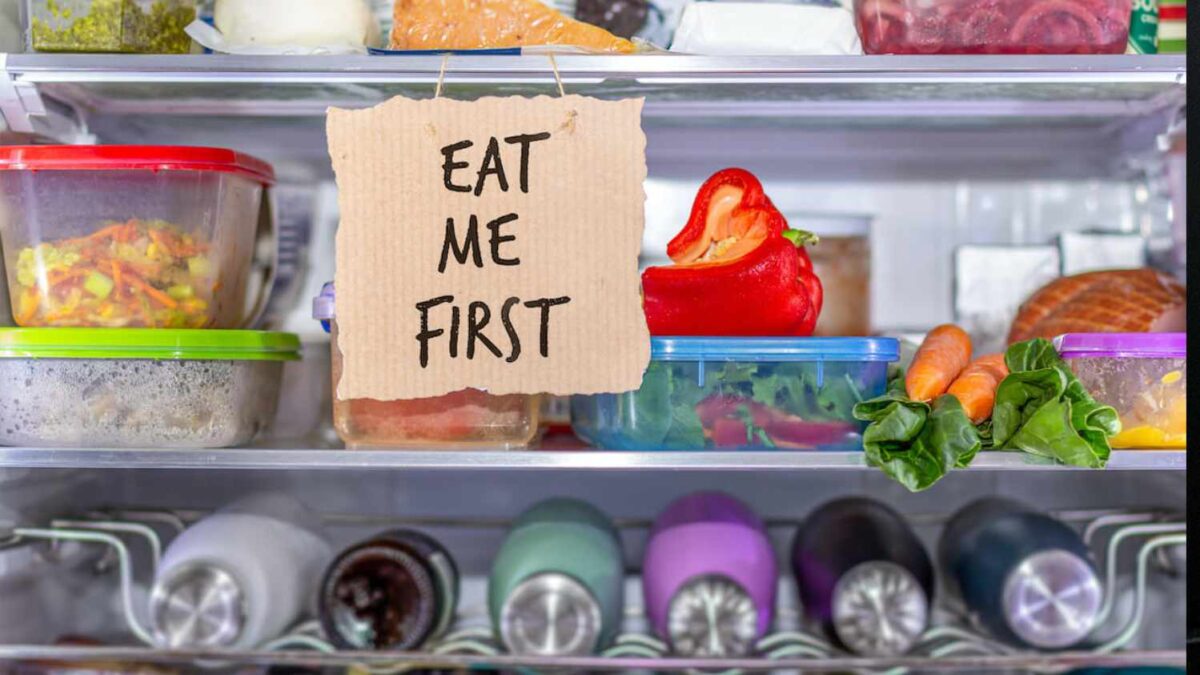Expiration dates on food labels are a helpful way to know how long food will stay fresh, but they are not always accurate. In some cases, food may be safe to eat even after the expiration date has passed. In other cases, it may be unsafe to eat, even before the expiration date.
What Do Expiration Dates Mean?
There are two main types of expiration dates on food labels:
- Sell-by date: This date tells retailers how long to display the food for sale. After the sell-by date, the food may still be safe to eat, but it may not be as fresh.
- Use-by date: This date tells consumers how long the food is safe to eat. After the use-by date, the food may not be safe to eat, even if it looks and smells fine.
Can I Eat Expired Food?
Whether or not it is safe to eat expired food depends on the food and how it has been stored.
- Perishable foods: Perishable foods, such as meat, poultry, fish, eggs, and dairy products, should be eaten before the use-by date. These foods are more likely to spoil quickly and can contain harmful bacteria.
- Non-perishable foods: Non-perishable foods, such as canned goods, boxed foods, and dry goods, can often be eaten past the expiration date. However, these foods may lose some of their flavor or nutrients over time.
How to Tell If Food Is Safe to Eat
The best way to tell if food is safe to eat is to use your senses. Look, smell, and taste the food before you eat it. If the food looks, smells, or tastes off, it is best to throw it away.
Here are some specific signs that food is not safe to eat:
- Mold: Mold is a fungus that can grow on food and make it unsafe to eat. Mold can be white, green, black, or any other color. It can also be fuzzy or slimy.
- Sliminess: Sliminess is another sign that food is not safe to eat. Slime is often caused by bacteria.
- Off smell: Food that has an off smell should not be eaten. The smell may be sour, rancid, or otherwise unpleasant.
- Change in texture: Food that has changed in texture should not be eaten. For example, meat that is slimy or mushy is not safe to eat.
Tips for Storing Food Properly
Storing food properly can help to extend its shelf life and reduce the risk of food poisoning. Here are some tips for storing food properly:
- Keep food in a cool, dark place.
- Freeze food if you will not be using it within a few days.
- Dispose of food that has expired or has gone bad.
By following these tips, you can help to keep your food safe to eat and reduce the risk of food poisoning.
Conclusion
Expiration dates are a helpful guide, but they are not always accurate. It is important to use your senses to determine if food is safe to eat. If food looks, smells, or tastes off, it is best to throw it away. By following these tips, you can help to keep your food safe and prevent food poisoning.

